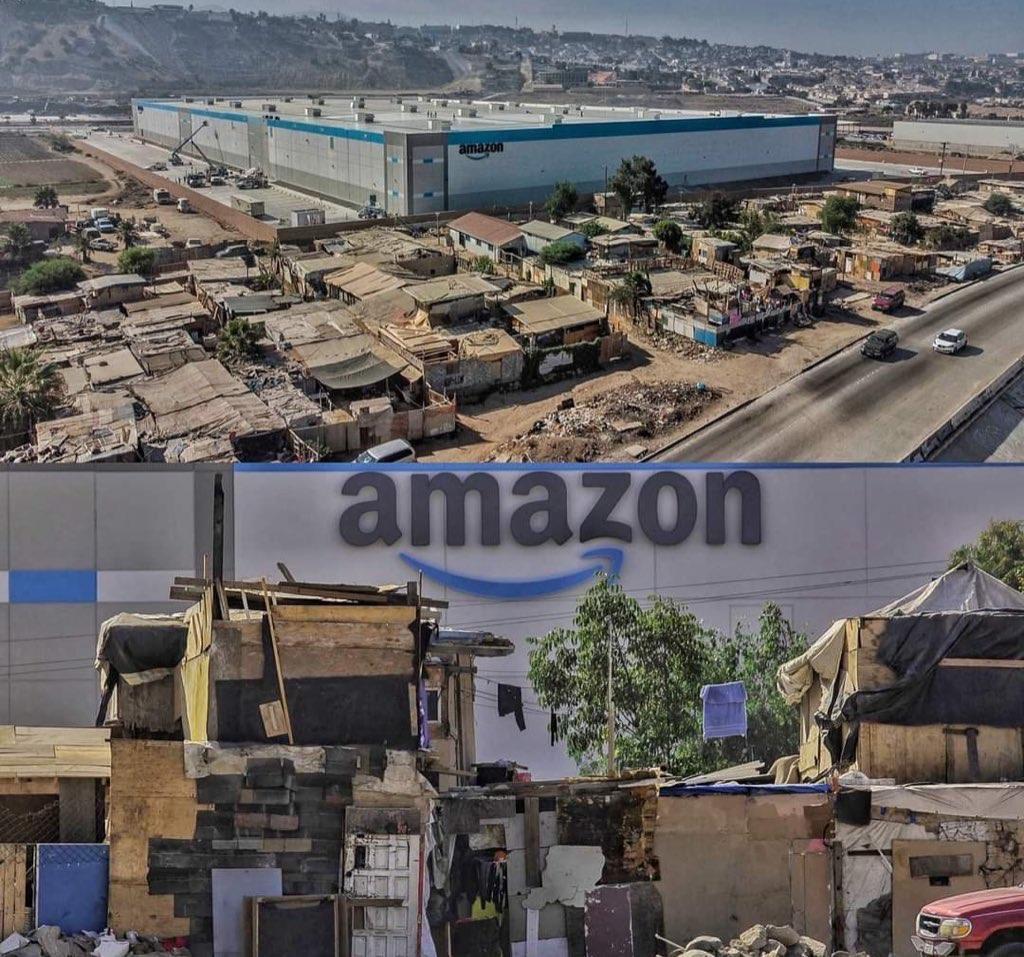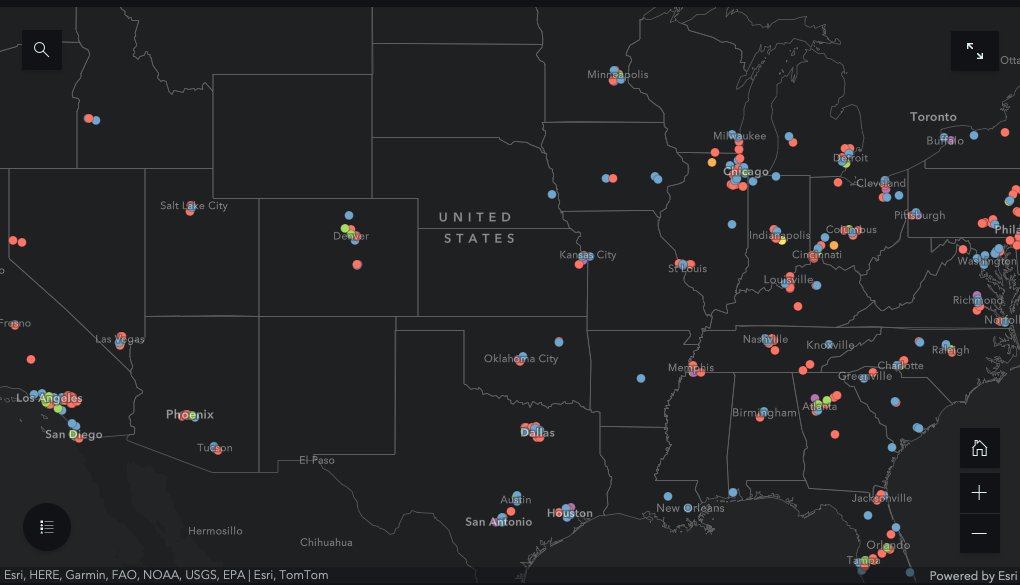
When 48,000 UAW Academic Workers go on strike on Monday, Nov 14, senate faculty at the University of California have a legally-protected right under the Higher Education Employment Relations Act (HEERA) to respect the picket line. Some reasons + resources for showing solidarity:
This is a strike FAQ for senate faculty, which lays out why workers are striking, how we have a right to honor the picket line, and how you can show solidarity with the strike. It's pretty comprehensive, but some highlights in the thread. bit.ly/UCfacultystrik…
Let's start with some facts: 92% of grad workers and 61% of postdocs are rent burdened; more than 40% spend > 1/2 their income on rent. Amidst a statewide housing crisis, the UC has provided few affordable solutions and in fact capitalizes off the crisis: fairucnow.org/cola/
I've had graduate students consider leaving our program because they couldn't find affordable housing. I met an undergrad student researcher who pays $800 a month to sleep on mattress in the middle of a living room in a 2 bedroom apt housing eight people. They need a COLA now.
If the UC meets UAW 2865's demand to raise salaries from $24k to $54k that would bring workers out of rent burden, the total cost of doing so would cost less than 2% of the UC's yearly operating budget, which is $46 billion for AY22-23. The university can more than afford it.
2nd: Solidarity is above all about collective action. We need as many faculty as possible respecting the picket line & it is urgently needed: our students aren't paid enough to live here. I think this is an ethical political imperative, the #1 reason to cancel classes & stop work
Unfortunately, the UC admin has implied we have a managerial role precluding us from solidarity actions. We are -not- managers! See pg 2 of the FAQ. @jessicaktaft also explains why:
https://twitter.com/jessicaktaft/status/1590699956960366592
In fact, ironically, as the only non-union faculty in CA's public higher ed system, UC senate faculty have -more- rights to engage in a sympathy strike than unionized faculty!
https://twitter.com/TrevorGriffey/status/1590386163193647104
A lot of faculty are wondering if they can show solidarity by canceling some classes but not all; canceling some assignments but not all, and I get it: we don't want to harm our students' ability to learn. But strikes are meant to hurt. That's the point!
Undergraduate education is harmed when TAs are tired, hungry, rent-burdened, and unable to afford medical care. We can help amplify workers' essential role in the UC by not crossing the picket line. That's how we can lessen harm on our students' ability to learn.
Here are other things we can do: Before canceling classes, you can use this teach-in this week to educate students about why the strike is happening, how public education has been eroding, and why undergrads might consider supporting them
docs.google.com/presentation/d…
docs.google.com/presentation/d…
You can show up at the picket line! At UCSB this is in front of the library every day of the strike from 8am-6pm . You can also contribute to the strike fund: givebutter.com/uc-uaw
For senate faculty: sign this pledge to say that you pledge to respect the picket line and will stop all work bit.ly/picketlinepled….
Sign this CUCFA petition to publicly register your support of the strike: bit.ly/CUCFApetition
Sign this CUCFA petition to publicly register your support of the strike: bit.ly/CUCFApetition
Finally, show up to the picket line! At UCSB this is 8am-6pm in front of the library every day of the strike. And remember that Mike Davis is watching us from somewhere, reminding us: "Never cross a picket line, even when your family can't pay the rent."
Up, up with the workers.
Up, up with the workers.
Picket locations and info for other campuses are available here: fairucnow.org/picket/
Update! A section on what @UCAFT Unit18 lecturers can do about the strike has just been added to the FAQ; please see Q 11, p. 3, and this letter UC-AFT just issued to UCOP. ucaft.org/sites/default/…
• • •
Missing some Tweet in this thread? You can try to
force a refresh









